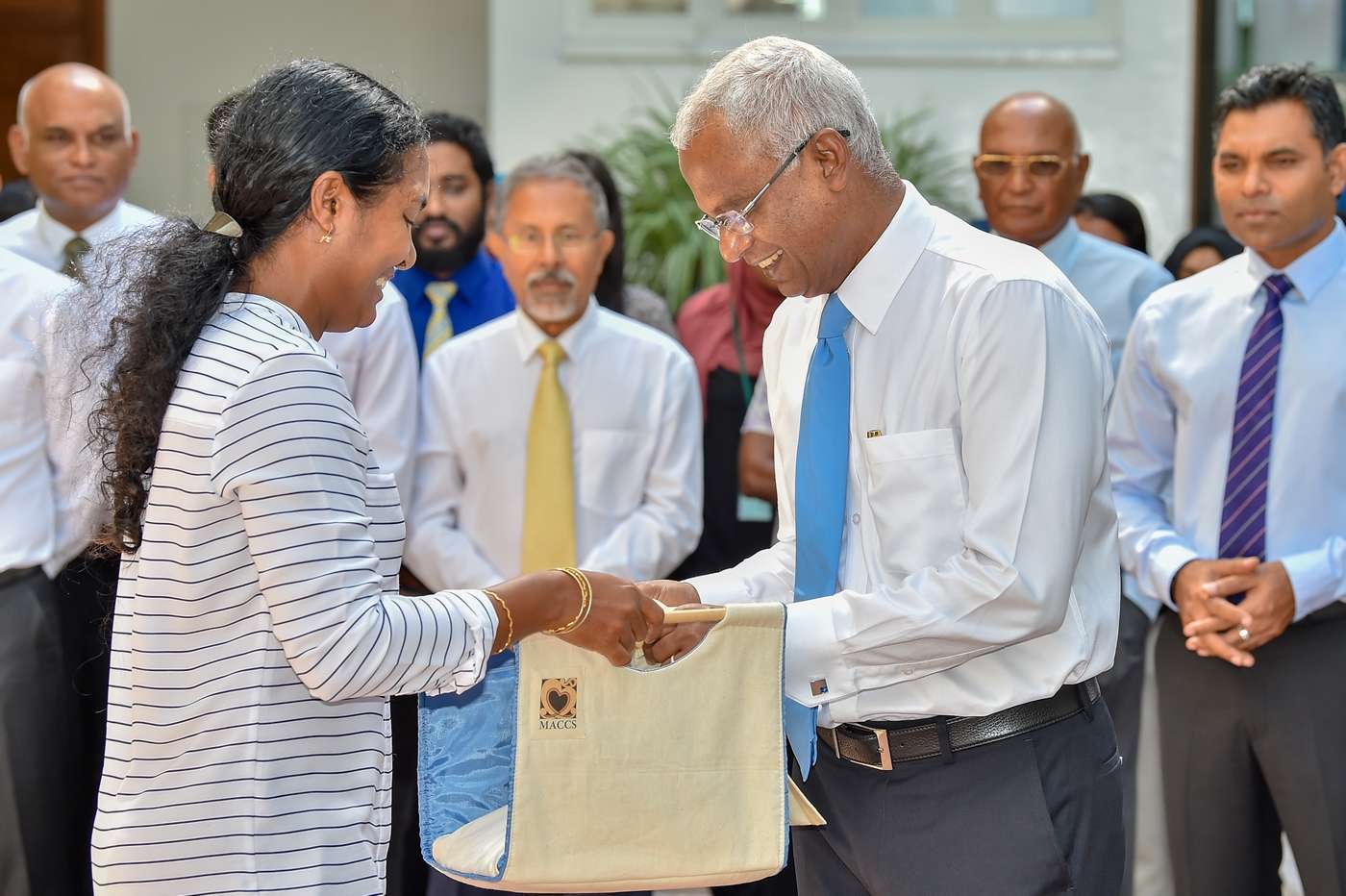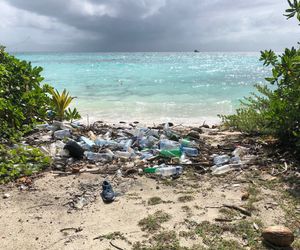The Maldives Plastic Warriors – ‘Plastic Noon Gotheh’
The project advocates alternatives to environmentally hazardous single-use plastics.

01 Jul 2019, 09:00
Is it possible to live without plastic?
This is the urgent question that Plastic Noon Gotheh (a way without plastic) is tackling head-on. It firmly advocates a life without plastic – at least single-use plastics. “We are a group of like-minded people who are advocating alternatives to plastic. We want to reduce the usage or even ban single-use plastics in the Maldives,” says Hudha Ahmed, the coordinator for PNG.
PNG came into being in June 2018, as a project.
“[The] UNDP [United Nations Development Programme] has a Global Environment Facility [GEF]’s Small Grants Programme for NGOs that tackle environmental issues, so we partnered with [the] Maldives Authentic Crafts Cooperative Society (MACCS) and started this project to reduce the usage of plastic bags.”
Become a member
Get full access to our archive and personalise your experience.
Already a member?
Discussion
No comments yet. Be the first to share your thoughts!
No comments yet. Be the first to join the conversation!
Join the Conversation
Sign in to share your thoughts under an alias and take part in the discussion. Independent journalism thrives on open, respectful debate — your voice matters.




